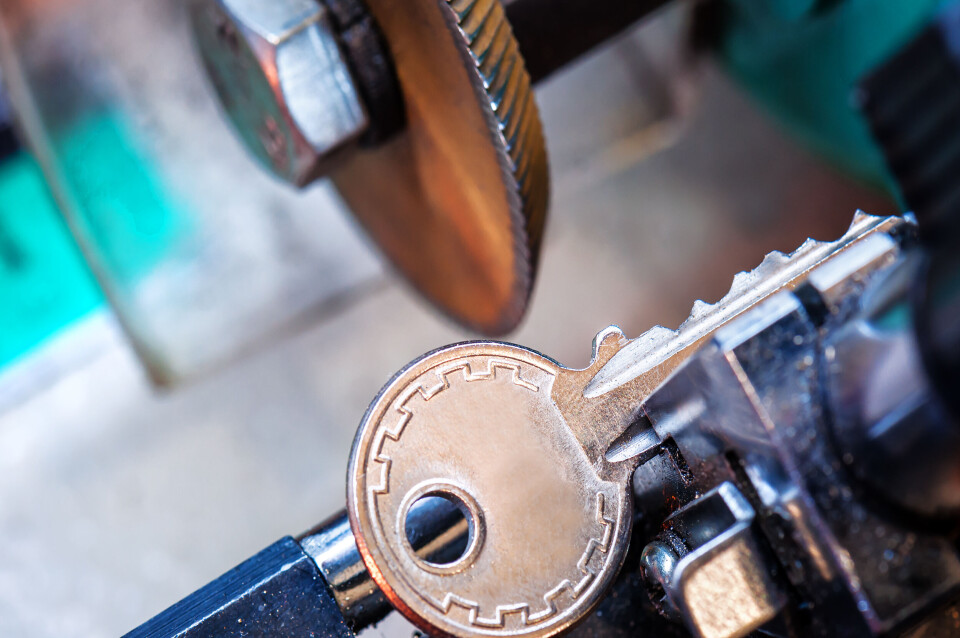-
Which cars are stolen the most in France and why?
Perhaps surprisingly, the higher-end vehicles are not the most targeted
-
Why your home insurance in France is likely to increase
Climate change-related claims cost more than €5 billion last year
-
Gironde residents offered grant of up to €150 to protect home from burglary
The initiatives began after a spike in the number of break-ins
The key to finding a good locksmith in France
Look for a locksmith 'serrurier' who owns a shop and works in collaboration with networks of lock manufacturers, such as Point Fort Fichet or Bricard

The sound of the door slamming, followed by the dawning realisation that your keys are on the other side...
It’s a staple MacGuffin of numerous films and TV shows – and something that has happened to many people.
The first port of call – if you do not have a spare set easily to hand – is, of course, a locksmith (serrurier).
Unwittingly choosing the wrong one could end up costing a significant amount of money, especially if it involves an out-of-hours callout fee.
In such cases, there are ways to keep prices reasonable.
One tip is to search for a locksmith who owns a shop and works in collaboration with networks of lock manufacturers, such as Point Fort Fichet or Bricard.
If you are looking online for a reputable firm, include the make of the lock, in addition to your location, in the search.
There are no regulations regarding the price of emergency repairs, which means you can face high invoices without it being considered an offence.
So, even after agreeing the rate over the phone, it is a good idea to confirm it again once your locksmith has arrived – and beware those who discover ‘problems’ that need additional work.
Most of the time, a good locksmith has no good reason to destroy your lock or your door.
Afterwards, keep the estimate, the invoice, and all the parts that were changed.
Do not let the person in charge of the work dispose of the parts once finished, using the justification that you will no longer need them.
You can find out afterwards the cost of, and need for, any parts that the store said were necessary.
If they prove unnecessary, you have a period of one week to refuse to pay the additional price.
Related stories
Renovating a home in France? Save receipts to avoid undervaluation
























